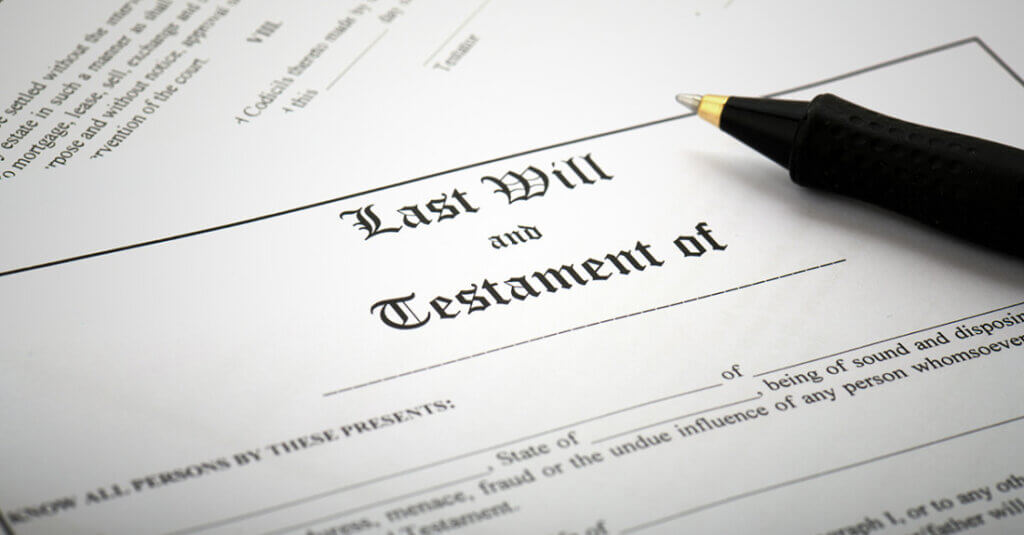
You are the newly appointed executor of an estate. Or trustee of a trust. One of the assets of the estate/trust is a cell tower lease. What is it worth? The heirs, beneficiaries and probate court will want to know…and maybe the taxman. And then what do you do with it?
What is it worth? Probably around 210 times monthly rent if the cell company is AT&T or Verizon. The lease will state what the rent is. This it the typical sales price we have seen, based on helping clients sell around 100 cell leases. But you only get that amount if you go out for bids; without bids the price is less, often much less. And the price is currently less if it is a T-Mobile or Sprint lease due to buyer concerns that if their proposed merger occurs, some cell towers will go away.
What do you do with the lease? Keep it or sell it? From a purely financial standpoint, it is usually better to keep the lease and get the monthly rent. That is because there are few places where you can invest the lump sum payment (even at a 210 times multiplier) and get the same income as the lease is paying in rent.
But that is often not practical if there are multiple heirs or beneficiaries; some want a lump sum payment now, others do not. For that or other reasons, it may be best to sell the lease and distribute the proceeds. However, the particulars of an estate plan may lead to a different outcome. For example, when a generation-skipping trust is involved, it is often best to keep the lease. Why? Some beneficiaries get the income of the trust for life and at their death others get the assets remaining in the trust. Keeping the lease leads to more money for the income beneficiaries, and the lease will typically still have value when the trust ends. Ultimately what is best will depend upon the particular circumstances involved, but these general principles may be helpful.
Some final points: If you do choose to sell, make sure you go out for bid, with a well-drafted request for bids and good bidders list. That is the best way to show the heirs, probate court and trust beneficiaries that you have gotten the best price possible. You want to avoid disputes and claims that you should have gotten more. In addition to getting the best price, a good request for bids will help the sale add dollar for dollar to the sales price of the land the tower is on. So if by itself the land is worth $100,000 and the lease sells for $200,000, then the estate or trust will gross $300,000.
A poor or no request for bids is likely to gross less than $300,000 due to (1) getting fewer, lower bids for the lease and (2) not having terms keeping the value of the land high by protecting its future use and development. So the sales price for the lease is less and the $100,000 for the land becomes $75,000 or $50,000 or zero. We have been brought in after the fact to look at lease sales which destroyed the value of the land or building with the lease. It is painful to see, particularly knowing that it was avoidable. And a smaller gross increases the odds of a disgruntled heir or beneficiary making your life unpleasant.
To get the best price and avoid problems on a lease sale, have a firm like Varnum represent you. That is one of the things we do for clients, and we have done it many times. There is a cost but usually our work pays for itself in higher prices and problems avoided. For more information, contact John Pestle at 616/336-6725 or [email protected].
